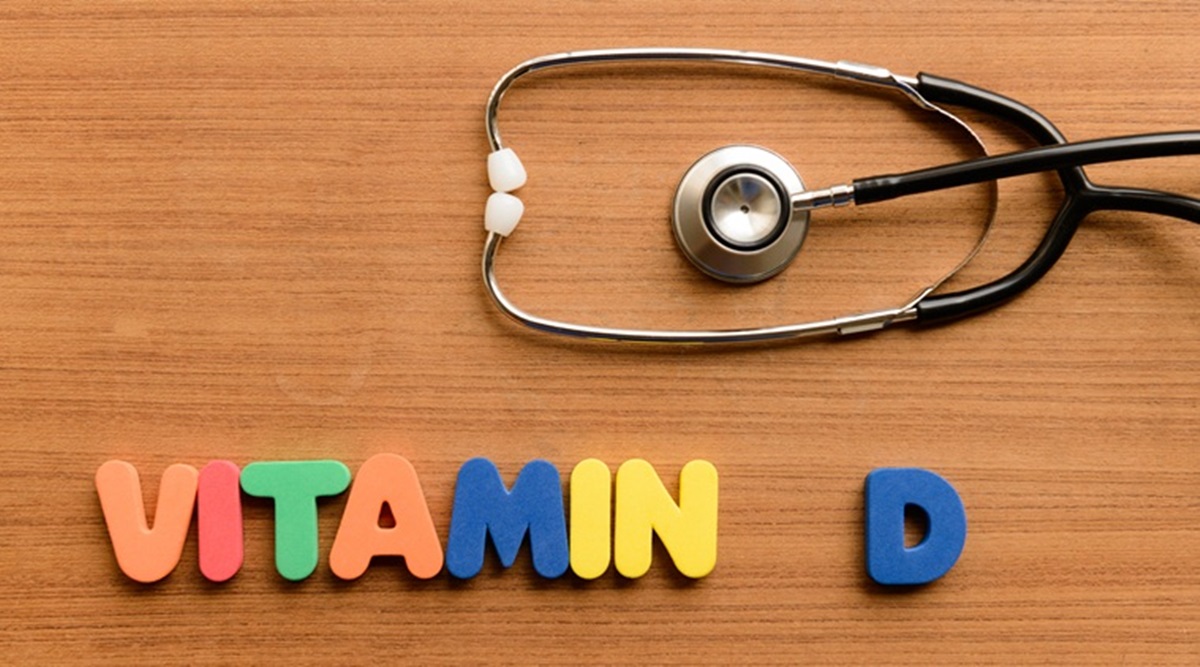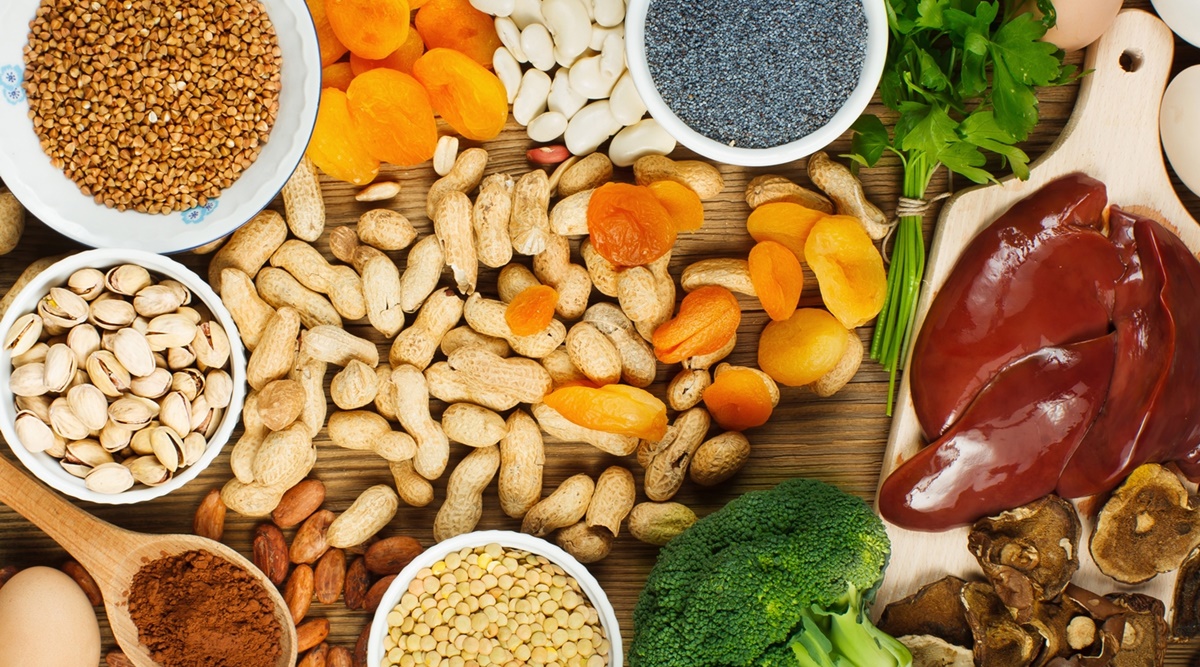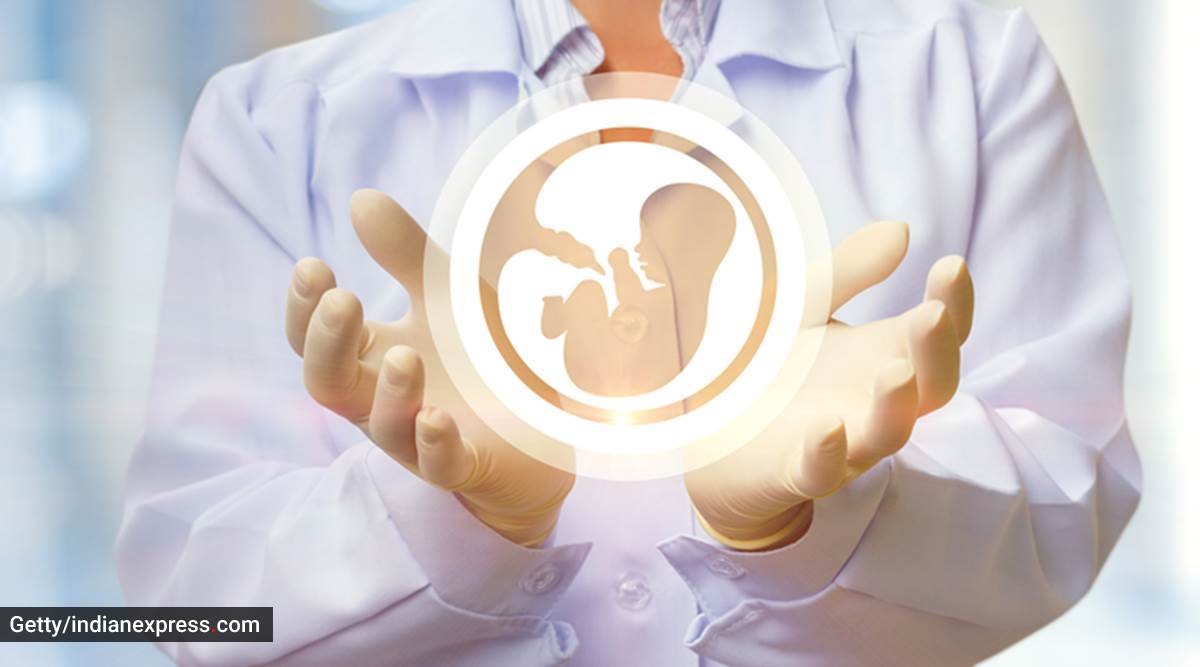of a woman Health, especially before conception and after childbirth, is extremely crucial. As such, it’s essential to adopt a healthy routine and practice habits that you can do before, in between, and after. the pregnancy to improve the chance of having a healthy baby and a healthy person. This is because the body needs to prepare for pregnancy in advance.
“During preconception and pregnancy, the basic principles of health eatingg stay the same: eat plenty of fruits, vegetables, whole grains, lean protein, and healthy fats. The first and more important next step is to get a BMI test, as well as tests to identify any medical problems like PCOS/PCOD or thyroid. Following this, a test of current levels of iron, protein, calcium, and key vitamins such as D3; B12 is essential. Based on the diagnosis, a diet plan must be planned together with natural supplements to start preparing for a healthy body, as well as lose extra weight and reduce the percentage of body fat,” said Richa Pendake, founder and CEO of Nutrizoe.
But there are a few nutrients that deserve special mention when it comes to the pregnancy and post-pregnancy diet. Here’s what tops the list, according to Pendake
folate
Vitamin B not only helps prevent serious problems associated with the development of the brain and spinal cord, but also increases the chances of fertility. 400 micrograms (mcg) of folate or folic acid per day before conception and 600 to 1,000 micrograms of folate or folic acid per day during pregnancy are recommended. Fortified cereals are a great source of folic acid. Dark green leafy vegetables like spinach, asparagus, citrus fruitsand dried beans, peas, and lentils are good sources of natural folate.
Calcium and vitamin D

These nutrients strengthen the bones and teeth of mother and baby. Calcium also supports healthy functioning of the circulatory, muscular and nervous systems. 1,300 milligrams of calcium and vitamin D 600 IU daily for the pregnancy is the correct amount of intake. Some good sources of calcium and vitamin D are milk, yogurt, cereal, cheese, eggs, and plenty of sunshine.
Protein
Protein plays a fundamental role in promoting the growth of the baby and it is one of the most crucial nutrients. 71 grams of protein per day is essential and can be consumed from both vegetarian and non-vegetarian options such as paneer, tofu, lentils, soybeans, rajma, chickpeas, oatmeal, eggs or chicken. Rich whole grain foods also add fiber and thus avoid constipation.
Buy now | Our best subscription plan now has a special price
Iron
The human body uses iron to make hemoglobin, which is a protein in red blood cells that carries oxygen to body tissues. During pregnancy, the body needs twice the amount of iron that women generally need. Your body needs this iron to make more blood to supply your baby with oxygen.

“If you don’t have enough iron stores or don’t get enough iron during pregnancy, you could develop iron deficiency anemia, headaches or fatigue. severe iron deficiency anemia during pregnancy also increases the risk of premature delivery, low birth weight and postpartum depression. One needs about 27 mg of elemental iron daily. Okay sources they include spinach, orange, beets, beans, fish, and oatmeal,” Pendake explained.
This He suggested combine iron with foods rich in vitamin C, such as orange juice, tomato juice, or strawberries. Although calcium is an essential nutrient during the pregnancy, can decrease iron absorption if taken together. Therefore, you can avoid the calcium-fortified variety. Lastly, stay sufficiently hydrated as there can be no substitute for this. Daily intake of at least three liters or more of water is a must, as this will not only help with the health of the body wellness but also the swelling and edema that occurs during pregnancy.
📣 For more lifestyle news, follow us on Instagram | Twitter | Facebook And don’t miss the latest updates!
!function(f,b,e,v,n,t,s)
{if(f.fbq)return;n=f.fbq=function(){n.callMethod?
n.callMethod.apply(n,arguments):n.queue.push(arguments)};
if(!f._fbq)f._fbq=n;n.push=n;n.loaded=!0;n.version=’2.0′;
n.queue=[];t=b.createElement(e);t.async=!0;
t.src=v;s=b.getElementsByTagName(e)[0];
s.parentNode.insertBefore(t,s)}(window, document,’script’,
‘https://connect.facebook.net/en_US/fbevents.js’);
fbq(‘init’, ‘444470064056909’);
fbq(‘track’, ‘PageView’);
.
